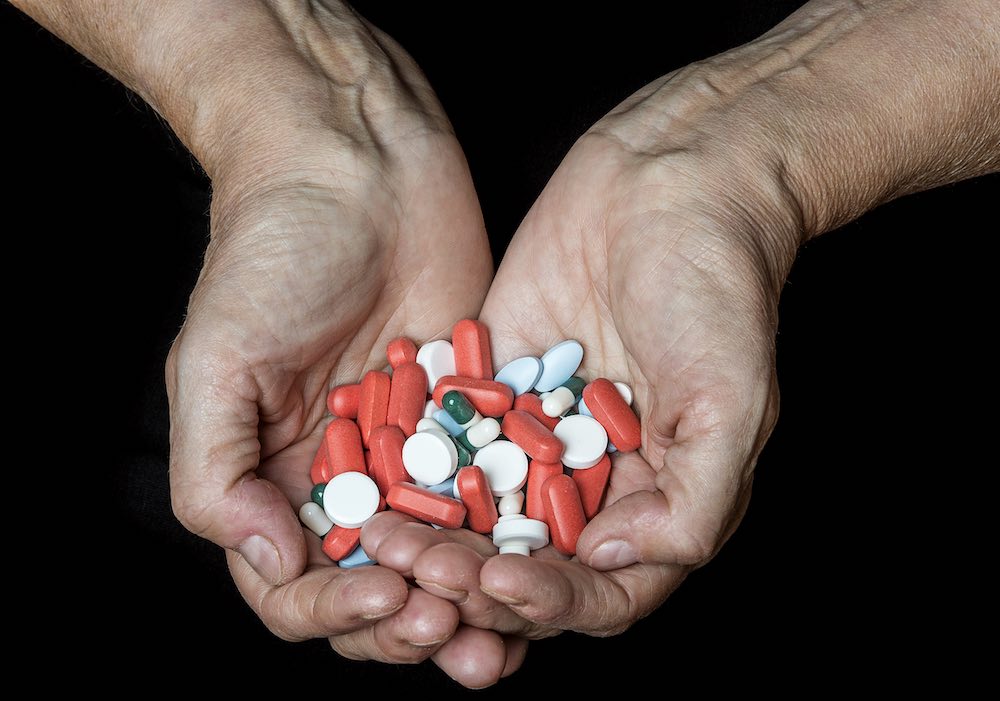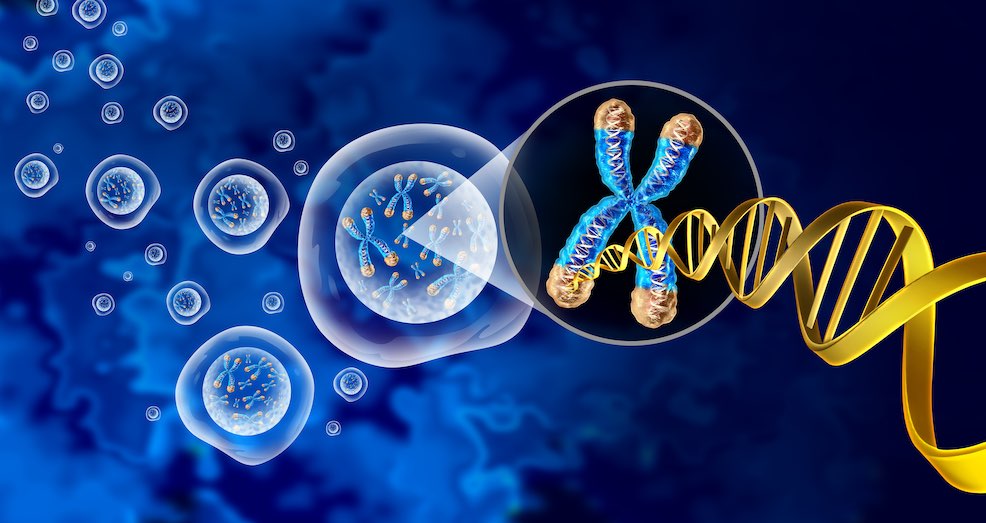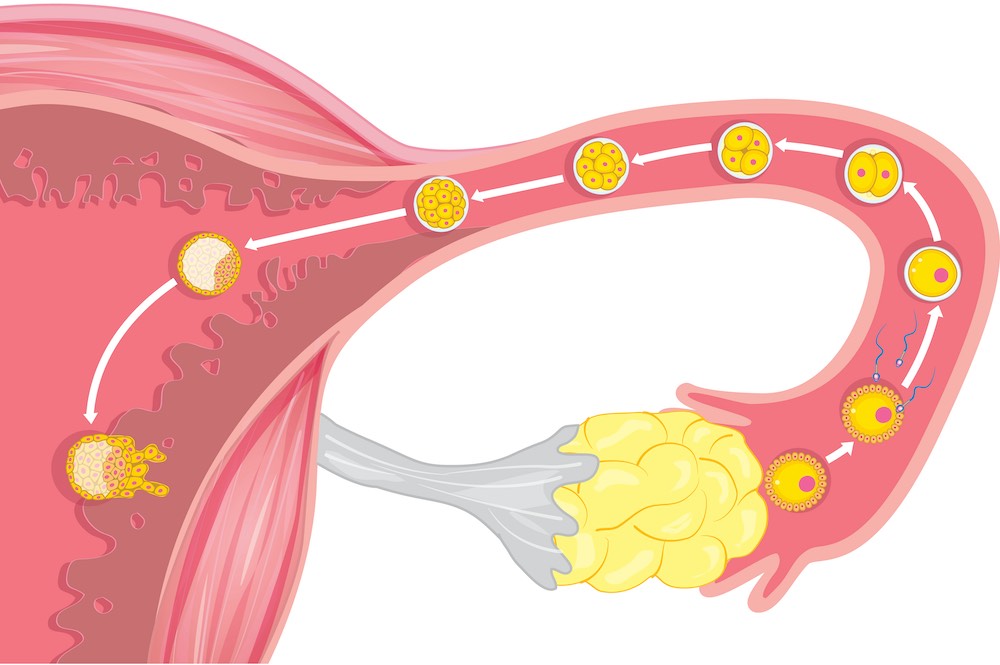News
Personalised RNA vaccine combined with immune checkpoint inhibitor shows efficacy in melanoma
In advanced melanoma, adding a personalised mRNA-based vaccine to the immune checkpoint inhibitor pembrolizumab improved recurrence-free survival compared with pembrolizumab alone. The KEYNOTE-942 study (presentation number CT001), presented at the AACR (American Association for Cancer Research) Annual Meeting 2023, held…
Intermittent dosing of exemestane is non-inferior to daily dosing
Giving the aromatase inhibitor (AI) exemestane 25 mg three times weekly was non-inferior to the standard dosing of 25mg daily among study participants who complied with the schedule. The international, multicentric study, which was supported by the US National Cancer…
Body weight influences breast cancer risk in women with BRCA1 and 2 mutations
Obesity may be a factor contributing to DNA damage in the breast tissue of women with BRCA1 or BRCA2 mutations. The study, published in Science Translational Medicine, February 22, suggests maintaining a healthy body weight or pharmacologically targeting oestrogen or…
Improving outcomes in elderly patients taking multiple medications
For older patients with cancer, taking multiple medications can result in toxic chemotherapy side effects and even the need to stop cancer treatment. The cohort study, published in Cancer, 24th January, found cancer patients with one or more potential drug…
Localised prostate cancer: active monitoring offers valid option
Active monitoring of localised prostate cancer has the same high rates of survival after 15 years as radiotherapy or surgery. The ProtecT trial, presented at the European Association of Urology (EAU) meeting in Milan, March 10–13, and published simultaneously in…
Radiotherapy can be safely omitted in older women with low-risk breast cancer
Leaving out radiotherapy does not affect survival after breast-conserving surgery in older women with low-risk hormone-receptor-positive early breast cancer. Ten-year outcomes for the PRIME II trial, published in the New England Journal of Medicine, February 16, found that, although omission…
Plant-based diets cut risk of prostate cancer progression and recurrence by over 50%
Prostate cancer patients who consume the highest intakes of plant-based foods lower their risk of progression and recurrence. The study, abstract 392 presented at the 2023 American Society of Clinical Oncology (ASCO) Genitourinary Cancer Symposium, held in San Francisco, February…
New prostate cancer blood test combining PSA with epigenetic test could reduce biopsies
A non-invasive prostate cancer combination test has been shown to have a positive predictive value of 93%*, meaning that out of 100 patients testing positive for prostate cancer 93 will truly have the condition. The study, published in the journal…
Telomere shortening mediates tumour suppression
Shortening of telomeres, as occurs naturally with ageing, works through a pathway that involves mitochondria-activated immune responses to ultimately eliminate precancerous cells. The US study, published in Nature (8 February 2022), suggests that telomere shortening has evolved as a tumour-suppressive…
Epidemiological study sheds light on complex link between ovarian cancer and ovulation
Women who ovulate for longer over the course of their lifetimes may have a higher risk of developing ovarian cancer. The international epidemiological study, published in Journal of the National Cancer Institute, 23 January, found that each additional year of…










